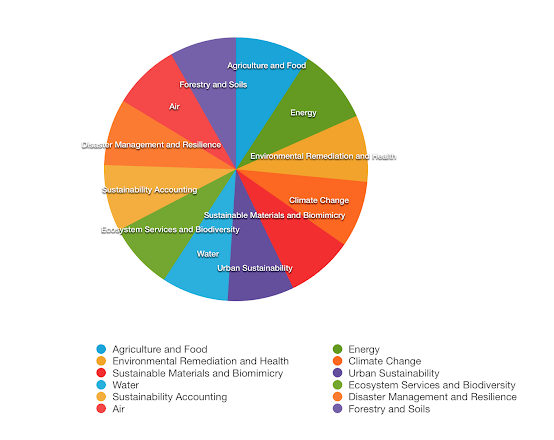Our online community space is now live!
Our online community space is now open to anyone who has signed up for a free or paid course on our website! In addition to everyone who signed up for our cohort-based courses, we're now expanding it to all the members of our community. If you've already signed up for any of our courses, check your email for the invitation for the space. It's where we'll get together to talk about all things data science and clean technology related, discuss the latest research, network and make connections with other professionals in the sector. It's an invitation only , no bots and no trolls allowed space - so come on over! Here's where you can check out our courses and join our community !



